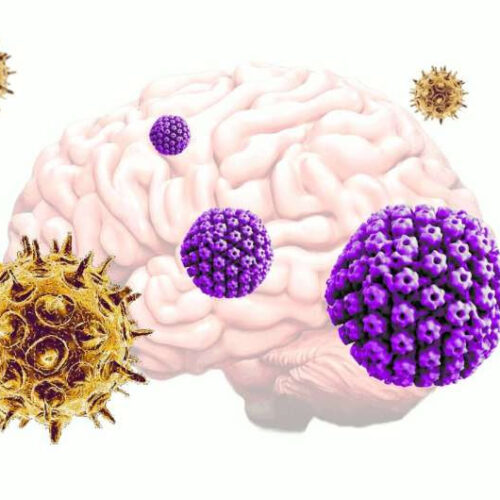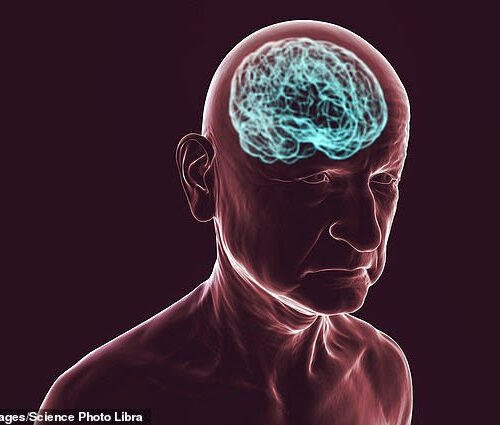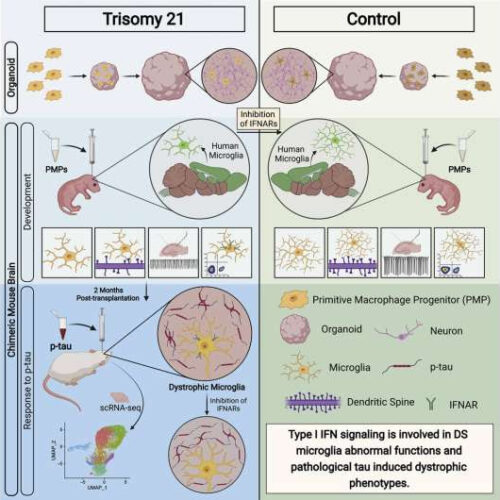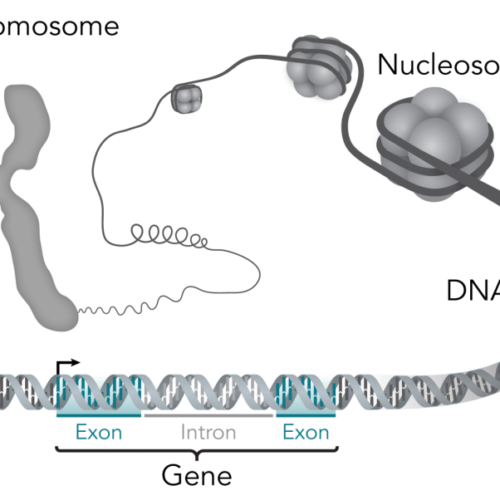by Tufts University Varicella zoster virus (VZV), which commonly causes chickenpox and shingles, activates herpes simplex virus (HSV) from dormancy in neural tissue grown in vitro, which then leads to an increase in plaque deposits and decrease in neural signaling – hallmarks of Alzheimer’s disease. Credit: Tufts University Alzheimer’s disease can begin almost imperceptibly, often masquerading...
Category: <span>Alzheimer’s</span>
Seminal Alzheimer’s study claiming memory-robbing disease was caused by build-up of protein in brain may have been MANIPULATED, damning investigation claims
By JOE DAVIES HEALTH REPORTER FOR MAILONLINE PUBLISHED: 05:45 EDT, 22 July 2022 | UPDATED: 06:20 EDT, 22 July 2022 The data behind the most influential theory of what causes Alzheimer’s disease may have been ‘manipulated’, a damning scientific probe has claimed. Experts fear the allegedly falsified results have misled research over the last 16 years, potentially wasting billions of pounds of...
Scientists reveal new evidence of key mechanism in Alzheimer’s
by Rutgers University Graphical abstract. Credit: Cell Stem Cell (2022). DOI: 10.1016/j.stem.2022.06.007 Rutgers scientists have found more clear-cut evidence of how the destructive proteins linked to Alzheimer’s disease attack human brain cells and destroy surrounding tissue. In one of the first studies of its kind examining human brain cells grown in a mouse brain, researchers identified a pivotal mechanism that...
Whole blood exchange could offer disease-modifying therapy for Alzheimer’s disease, study finds
UNIVERSITY OF TEXAS HEALTH SCIENCE CENTER AT HOUSTON A novel, disease-modifying therapy for Alzheimer’s disease may involve the whole exchange of blood, which effectively decreased the formation of amyloid plaque in the brains of mice, according to a new study from UTHealth Houston. A research team led by senior author Claudio Soto, PhD, professor in the Department...
COULD TREATING GUM DISEASE SLOW ALZHEIMER’S?
The bacteria, fusobacterium nucleatum (F. nucleatum), proliferates in periodontal disease and affects the gums and jawbone. If untreated, it results in unstable teeth and tooth loss. In recent years, studies have linked F. nucleatum to conditions ranging from colorectal cancer to premature delivery of babies. “In this study, our lab is the first to find that Fusobacterium nucleatum can generate systemic inflammation and...
Changes in Alzheimer biomarkers tied to withdrawal of positive airway pressure for obstructive sleep apnea
For patients with severe obstructive sleep apnea (OSA), withdrawal of positive airway pressure (PAP) is associated with changes in plasma Alzheimer disease biomarkers, according to a study published online June 13 in the American Journal of Respiratory and Critical Care Medicine. Korey Kam, Ph.D., from the Icahn School of Medicine at Mount Sinai in New York...
“Good evidence” that ADHD drugs might also treat Alzheimer’s disease
BMJ There is “good evidence” that drugs to treat attention deficit hyperactivity disorder (ADHD)might also successfully treat key aspects of Alzheimer’s disease, finds a pooled data analysis of the available research, published online in the Journal of Neurology Neurosurgery & Psychiatry. Clinical trials of noradrenergic drugs, which include antidepressants and medicines to treat high blood pressure...
Novel gene for Alzheimer’s disease in women identified
by Boston University School of Medicine This stylistic diagram shows a gene in relation to the double helix structure of DNA and to a chromosome (right). The chromosome is X-shaped because it is dividing. Introns are regions often found in eukaryote genes that are removed in the splicing process (after the DNA is transcribed into...
Researchers find two FDA-approved drugs that curb symptoms of Alzheimer’s disease
UNIVERSITY OF COLORADO ANSCHUTZ MEDICAL CAMPUS Two commonly used psychiatric drugs show evidence of improving symptoms of Alzheimer’s disease including boosting cognition, according to a study from researchers at the University of Colorado Anschutz Medical Campus. “The people who received these drugs developed better cognition and actually improved in their clinical diagnosis,” said the study’s senior...
Treponema denticola found to induce Alzheimer-like tau hyperphosphorylation in mice
by International & American Associations for Dental Research A study investigating the role of Treponema denticola (T. denticola) in Alzheimer’s disease (AD) pathogenesis will be presented by Zhiqun Tang of the West China Hospital of Stomatology at Sichuan University, China at the 100th General Session and Exhibition of the IADR, to be held in conjunction...





